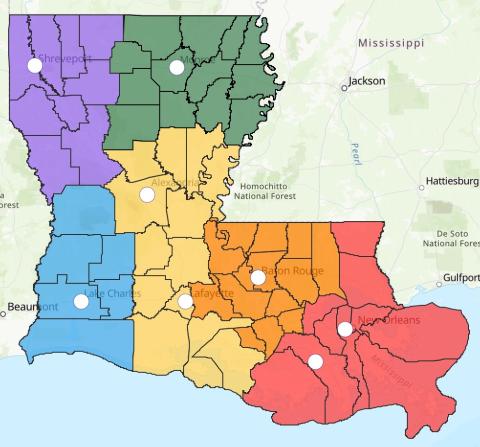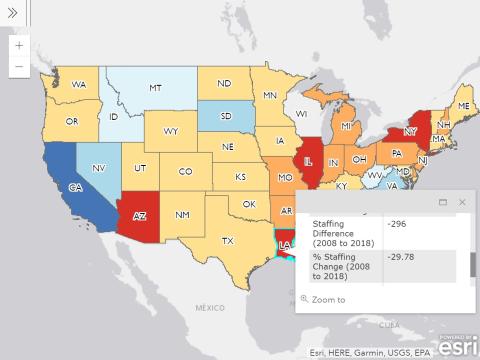Texas produces the highest quantities of crude oil, natural gas, and lignite coal in the United States, which, on top of its long history of legislative support for conventional energy industries, contributes to its reputation as a fossil-fuel state (EIA 2017). Nevertheless, Austin, the state capital, harbors a wealth of local residents and organizations invested in transitioning to clean-energy resources. Motivations behind these investments differ widely, however, ranging from concerns about public health and social and environmental justice to creating quality jobs and spurring economic growth. During preliminary fieldwork, I identified four unique-yet-overlapping collectives of clean-energy practitioners: 1) Austin’s public sector, 2) energy scientists and engineers, 3) energy business advocates and entrepreneurs, and 4) climate and social justice activists. Based upon initial fieldwork, these collectives appear to conceive of the risks, affordances, and the proper sociotechnical means of energy transition in divergent, if not conflicting ways. In this research, I ask if and how these diverse energy-transition imaginaries appertain to differences in conceptions of “good evidence” and the appropriate use of scientific research and knowledge in decision-making. By analyzing how different collectives of clean-energy practitioners determine the proper means of leveraging science in energy transition, I will gain an understanding of the data and evidentiary challenges entailed in city-scale energy transitions, and urban environmental governance more generally.



